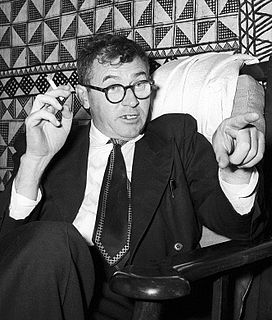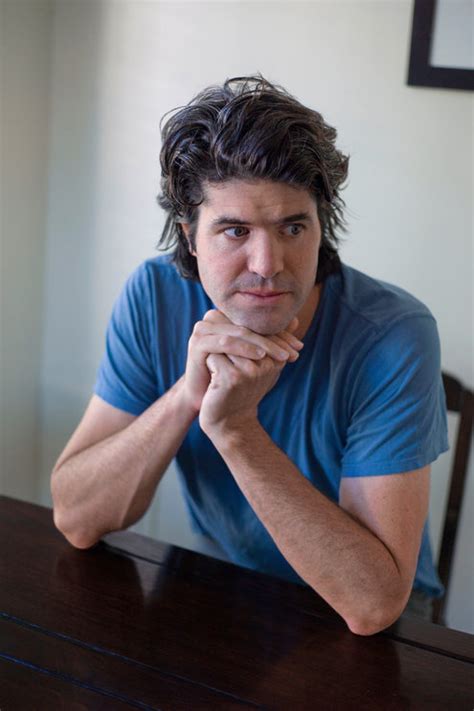A Quote by Gustave Flaubert
Noble characters and pure affections and happy scenes are very comforting things. They're a refuge from life's disillusionments.
Quote Topics
Related Quotes
When we say, "I take refuge in the Buddha," we should also understand that "The Buddha takes refuge in me," because without the second part the first part is not complete. The Buddha needs us for awakening, understanding, and love to be real things and not just concepts. They must be real things that have real effects on life. Whenever I say, "I take refuge in the Buddha," I hear "the Buddha takes refuge in me."
Very thorough in the rehearsal process but more in terms of just understanding the characters, understanding where the actors are at with discovering those characters for themselves, and just setting an overall emotional tone for the piece as opposed to necessarily getting things up on their feet or staging scenes.
Therefore, be islands unto yourselves. Be your own refuge. Have recourse to none else for refuge. Hold fast to the Dharma as a refuge. Resort to no other refuge. Whosoever, either now or after I am gone, shall be islands unto themselves, shall seek no eternal refuge, it is they, among my disciples who shall reach the very topmost height! But they must be keen to progress.
If you are interested in happy endings, you would be better off reading some other book. In this book, not only is there no happy ending, there is no happy beginning and very few happy things in the middle. This is because not very many happy things happened in the lives of the three Baudelaire youngsters.
Fitzgerald describes the social disillusionments and ballroom romanticism of the young people of the upper classes and the loneliness of Gatsby, who gives large parties and has an extensive social life; yet he is lonely, and his guests scarcely know him.... Hemingway's characters live in a tourist world, and one of their major problems is that of consuming time itself. It is interesting to observe that his works are written from the stand point of the spectator. His characters are usually people who are looking--looking at bullfights, scenery, and at one another across cafe tables.







































